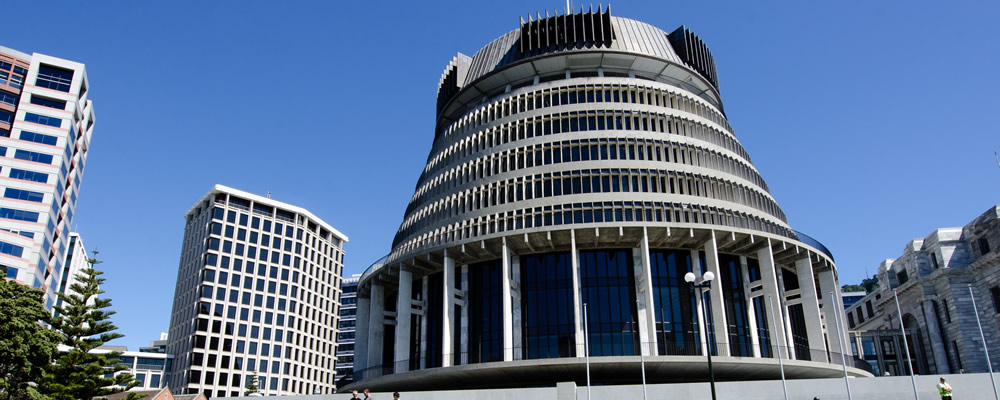ThImproved NZ Unemployment Rate Failed to Prevent Euro New Zealand Dollar (EUR/NZD) Exchange Rate Gains
Overnight the Euro to New Zealand Dollar (EUR/NZD) exchange rate slumped sharply as the fourth quarter New Zealand labour market data bettered forecast.
Rather than rising to 4.7% as anticipated, the unemployment rate fell to a fresh nine-year low of 4.5% in the final quarter of 2017.
This naturally boosted confidence in the domestic outlook, helping to shore up the New Zealand Dollar (NZD) on Wednesday morning.
However, the bullishness of NZD exchange rates quickly eased thanks to the more underwhelming nature of the corresponding average hourly earnings data.
With wage growth having slowed to 0.8% on the quarter pressure on the Reserve Bank of New Zealand (RNBZ) to return to a more hawkish outlook remains limited.
As a result, the EUR/NZD exchange rate was soon able to recover its losses and return to a stronger footing.
German Coalition Breakthrough Boosts Euro (EUR) Exchange Rates
News that Angela Merkel’s CDU/CSU and the SPD have broken their deadlock to agree a coalition deal in principle boosted the EUR/NZD exchange rate further.
The apparent success of this latest round of coalition talks naturally relieved markets, even though the deal still requires approval by SPD members in the next few weeks.
While the deal will reportedly shake up the shape of the German government, with the SPD apparently set to take control of both the finance and foreign ministries, investor reaction was largely positive.
This development built on the back of December’s solid German industrial production figures, encouraging confidence in the outlook of the Eurozone’s powerhouse economy.
Even so, if the latest European Central Bank (ECB) Economic Bulletin proves more dovish in tone this could see the Euro (EUR) come under fresh pressure on Thursday.
RBNZ Comments Forecast to Extend EUR/NZD Exchange Rate Uptrend
Another bout of volatility is likely in store for the EUR/NZD exchange rate tonight as markets brace for the RBNZ’s February policy decision.
Investors are keen to gauge the outlook of the central bank, even though the prospect of any imminent change in monetary policy is minimal.
Any signs of dovishness could dent the New Zealand Dollar, even so, particularly if confidence in the domestic inflation outlook remains limited.
However, as analysts at Westpac noted:
‘Recent developments have been roughly neutral, with low inflation and the high exchange rate counterbalanced by a resurgent housing market and upwardly revised GDP.
‘Foreign exchange markets may react to any comment about the exchange rate being too high, but interest rate markets are unlikely to be perturbed by a steady–as–she–goes MPS.’
If Acting RBNZ Governor Grant Spencer attempts to talk down the New Zealand Dollar in his appearance before a parliamentary select committee this could offer the EUR/NZD exchange rate another solid rallying point.
